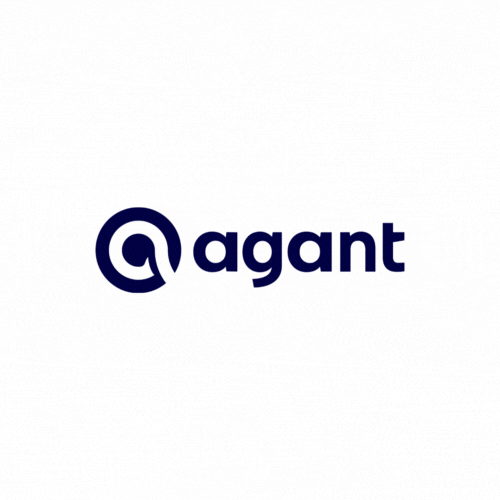South Africa’s latest annual budget unveils a strategic plan by the treasury to enhance digital payment adoption. This initiative includes a thorough evaluation of stablecoins and blockchain technology, aiming to enrich the lives of marginalized communities. The 2024 budget review underscores the urgency of structural reforms and the improvement of public financial management, with a particular emphasis on advancing digital payment systems. As part of this effort, the National Treasury has signaled a forthcoming shift in policy regarding crypto assets, with a special focus on stablecoins.
The Intergovernmental Fintech Working Group is set to release additional guidelines in 2024 to classify “stablecoins” as a distinct category within the broader crypto asset framework. This follows the group’s 2021 issuance of a crypto regulation document, which will be updated to incorporate stablecoins and complete an evaluation of the country’s stablecoin environment. The objective is to analyze stablecoin use cases meticulously and to formulate fitting policy and regulatory responses.
A potential revision of the Financial Intelligence Centre Act is on the table, which would mandate the reporting of crypto transactions exceeding 49,999 South African rand (approximately $2,650). Furthermore, the exploration of blockchain-based tokenization and its implications on the local financial markets is a priority, with a report due by December 2024 that will delve into the policy and regulatory ramifications of tokenization and blockchain infrastructure in financial markets.
In collaboration with Switzerland’s State Secretariat for Economic Affairs and FinMark Trust, the South African government is launching a three-year initiative that encompasses four digital payments pilot projects. These projects aim at digitalizing communities, facilitating digital payments for informal and low-income workers, and enhancing cross-border remittances and trade. The overarching goal is to bolster small and informal enterprises via innovative payment solutions.
Reflecting on the benefits of digital innovation, a case in point is the positive impact on East African farmers. Blockchain technology has significantly broadened their access to global markets. A notable collaboration between AgTech firm Dimitra and One Million Avocados (OMA), a tech group with a focus on sustainability, was announced on July 20, 2023. This partnership is dedicated to assisting Kenyan avocado farmers in increasing their productivity and product quality through the adoption of state-of-the-art technologies, including blockchain.





























































